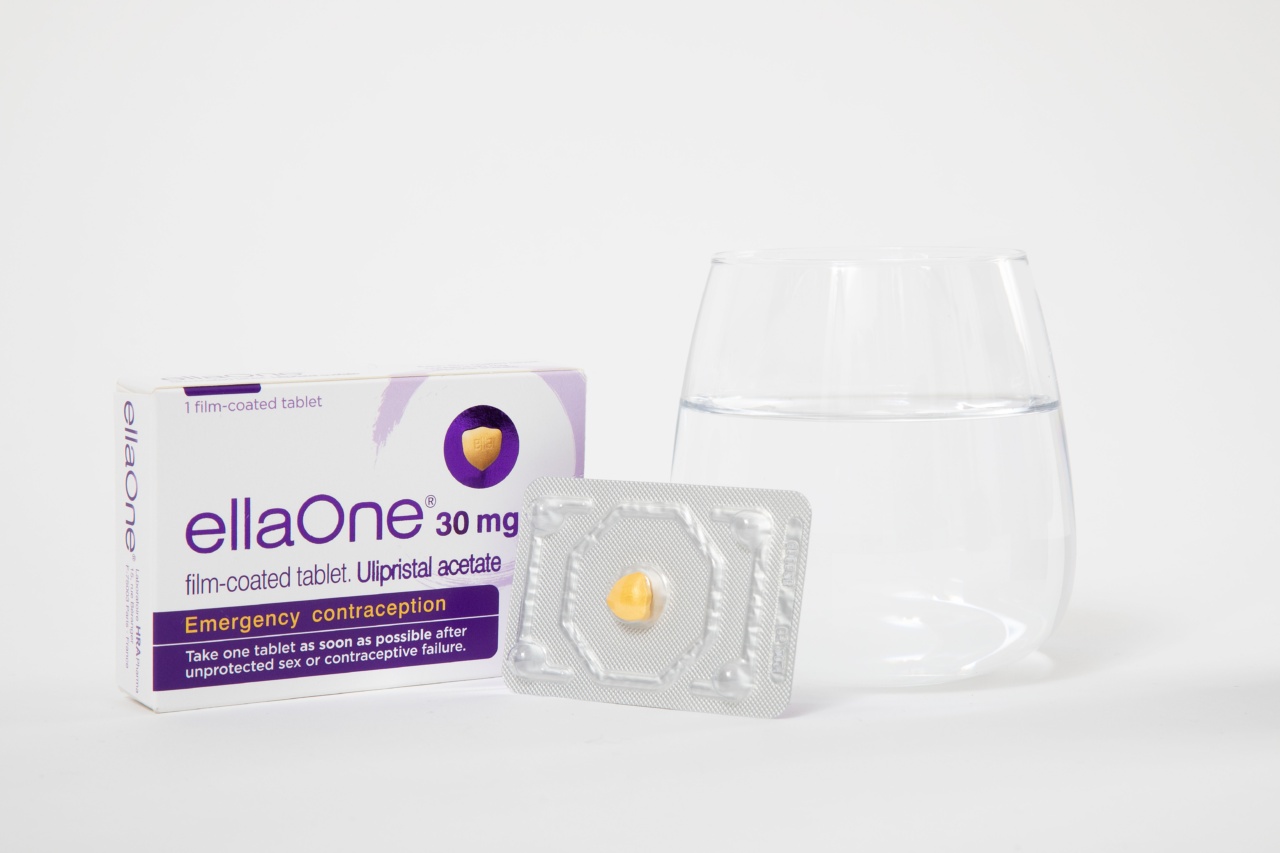For decades, women have used birth control pills to avoid unwanted pregnancies. However, there are still some myths and misconceptions about the pill that many people believe.
In this article, we will debunk five of these myths to give you a better understanding of what the pill is and how it works.
Myth #1: The Pill is 100% Effective
One of the most common myths about the contraceptive pill is that it is 100% effective in preventing pregnancy. While the pill is highly effective, it is not foolproof.
According to the Centers for Disease Control and Prevention (CDC), the pill has a failure rate of about 7% in typical use. This means that out of 100 women using the pill for one year, approximately seven will become pregnant.
The effectiveness of the pill also depends on how consistently and correctly it is used. Missing pills, taking them at different times each day, or taking them with certain medications can all decrease their effectiveness.
It’s essential to take the pill as directed and use backup contraception (such as condoms) if you miss a dose or are taking medications that may interfere with the pill’s effectiveness.
Myth #2: The Pill Causes Weight Gain
Another common myth about the pill is that it causes weight gain. While some women may experience weight gain while taking the pill, studies have not consistently linked the two.
In fact, research has shown that women who use hormonal birth control (such as the pill) do not typically gain more weight than those who do not use any form of contraception.
If you do gain weight while taking the pill, it’s more likely due to other factors, such as changes in diet, exercise habits, or aging. If you’re concerned about weight gain, talk to your healthcare provider about your options.
Myth #3: The Pill Causes Infertility
Another widely believed myth about the pill is that it can cause infertility. However, there is no evidence to support this claim.
In fact, studies have shown that women who use the pill are just as likely to conceive as those who do not use any form of contraception.
It’s important to remember that fertility does decrease with age, regardless of whether you’ve used the pill or not.
If you’re having trouble conceiving after discontinuing the pill, it’s important to talk to your healthcare provider to determine the underlying cause and develop a treatment plan.
Myth #4: The Pill Increases the Risk of Breast Cancer
One of the most concerning myths about the pill is that it increases the risk of breast cancer. However, research has shown that there is no significant link between the two.
In fact, some studies have even suggested that using the pill may slightly decrease the risk of developing certain types of breast cancer.
It’s important to note that women who have a family history of breast cancer or other risk factors may be at higher risk regardless of whether they use the pill or not.
Women should talk to their healthcare providers about their individual risk factors and make an informed decision about which form of contraception is best for them.
Myth #5: The Pill Causes Abortion
Finally, one of the biggest misconceptions about the pill is that it causes abortion. This is simply not true. The pill works by preventing ovulation (the release of an egg from the ovaries).
If ovulation does not occur, there is no egg to be fertilized by sperm, and no pregnancy can occur.
In some cases, the pill may also thicken cervical mucus, making it harder for sperm to reach the egg. However, this is not an abortion. Abortion involves terminating a pregnancy that has already begun.
Conclusion
The contraceptive pill is a safe and effective form of birth control that has been around for decades. While there are some myths and misconceptions surrounding the pill, the truth is that it is a reliable option for many women.
If you’re considering using the pill or have questions about its effectiveness or side effects, talk to your healthcare provider. They can help you make an informed decision about which form of contraception is right for you.



























